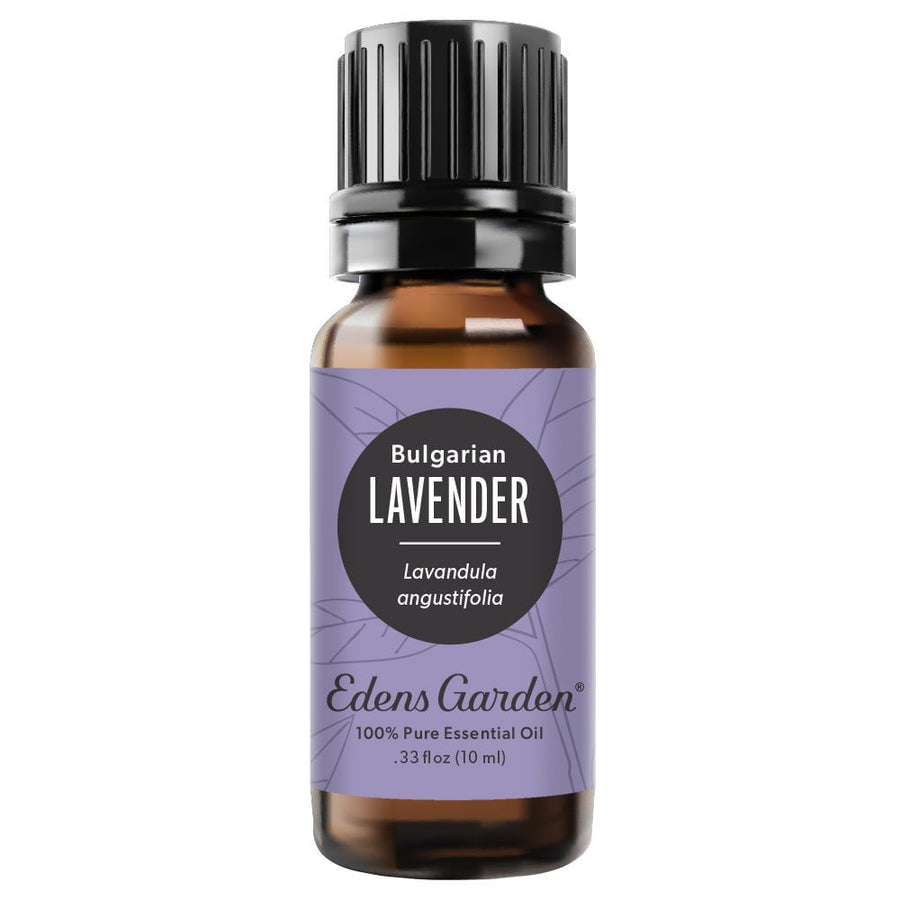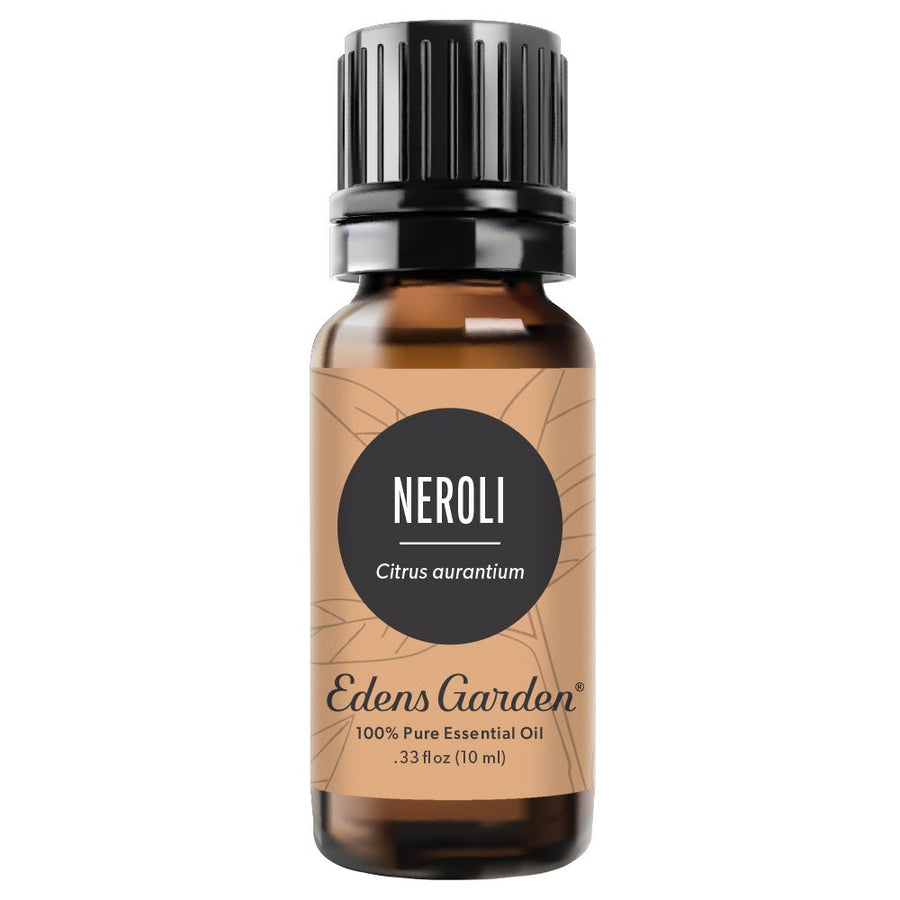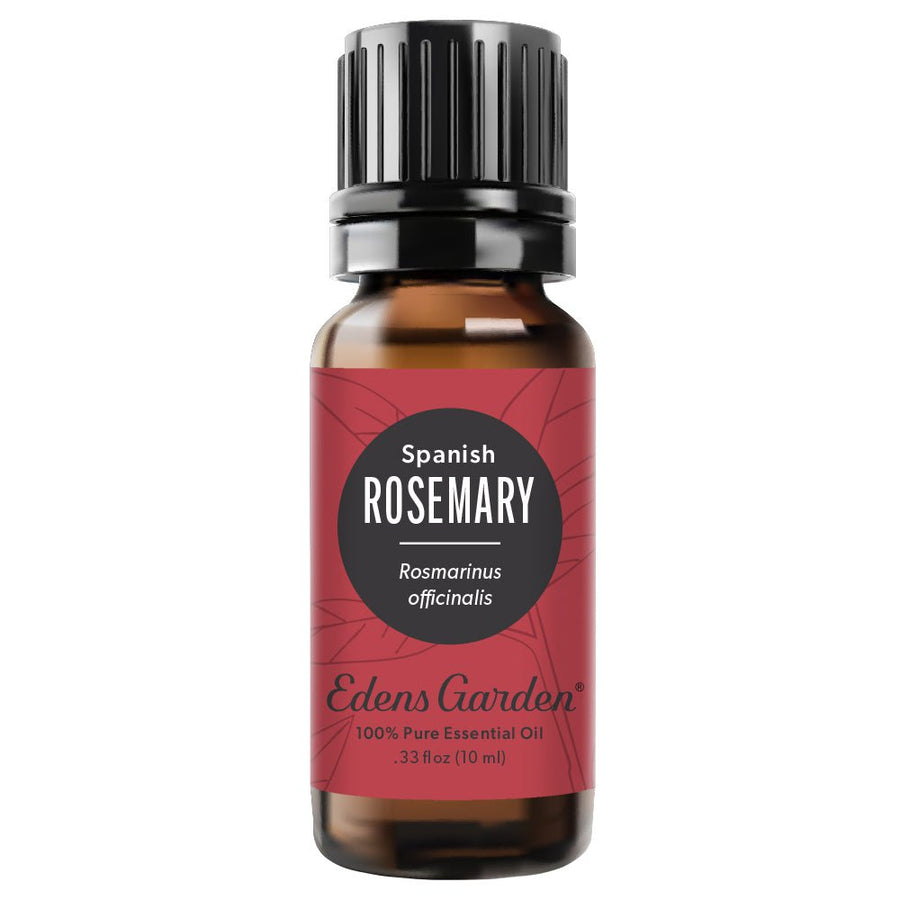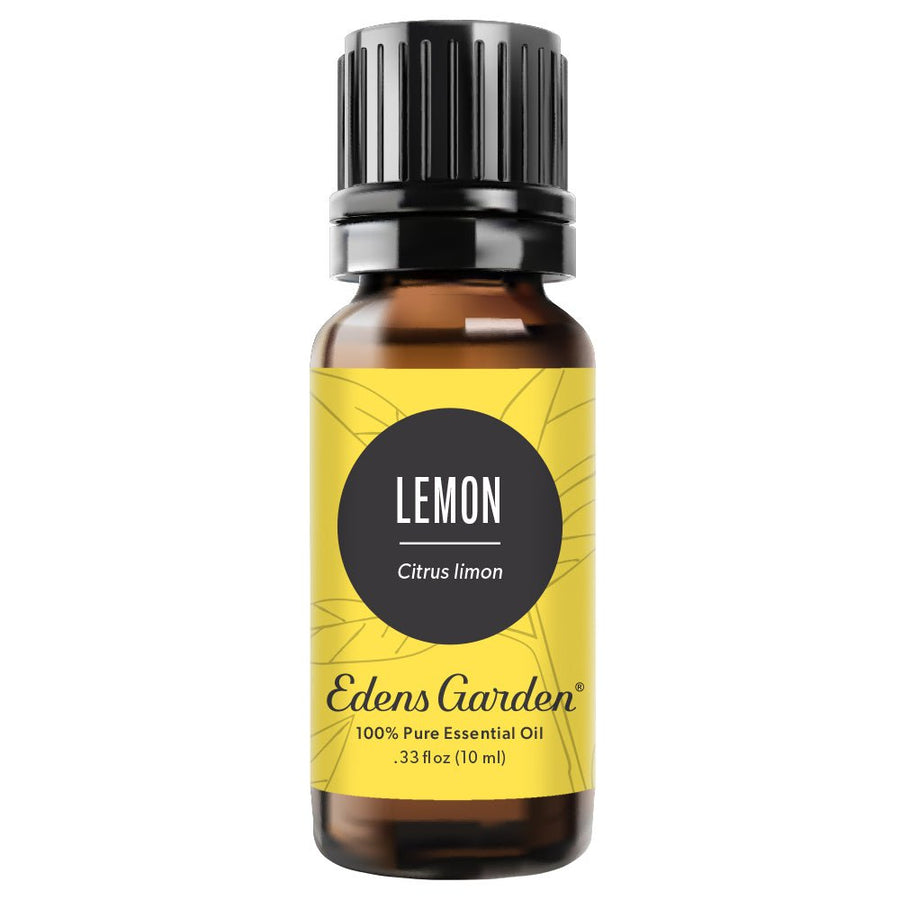AAA: Do Some Essential Oils Increase Serotonin or Dopamine?

What makes you happy? There is a correct answer to this question and it’s serotonin and dopamine. You may know this dynamic duo as the “happy chemicals.” But what, beyond that, are they and what role do they play when we inhale essential oils? There’s much to uncover here, so our aromatherapists put together a mini-neuroscience lesson for you. Don’t worry, there’s a lot to be happy about in this article.
For starters, let’s look at what serotonin and dopamine do exactly. Serotonin relates to mood regulation. More serotonin in the body is equated with happiness, whereas less serotonin is equated with unhappiness. On the other hand, dopamine relates to how much you feel rewarded for doing something. For example, when you’re hungry, eating food releases dopamine, which makes you feel good, causing you to want to eat the next time you’re hungry.
We’ve talked a lot in the past about essential oils that are uplifting, stress-relieving, mood-balancing, etc., but not so much about how they’re able to affect mood. As it turns out, dopamine and serotonin have much to do about essential oils' effect on our emotions. One study showed that essential oils’ positive effects on mood directly correlated with the stimulation of serotonin and dopamine. Recent studies were in line with these findings, showing that Lavender stimulated dopamine receptors in the olfactory bulb of the brain. Furthermore, Bitter Orange oil (a relative of Petitgrain and Neroli oil) was shown to relieve anxiety through its involvement with the serotonin receptor, 5-HT1A. Therefore, promising studies and research agree in large part with essential oils’ ability to stimulate serotonin and dopamine.
What does this mean for those with serotonin syndrome or those taking selective serotonin reuptake inhibitors (SSRIs)? Because essential oils can increase serotonin and dopamine levels, consult with your doctor before using them. In particular, Cinnamon Leaf and Clove Bud have both been found to interact with SSRIs when taken orally — a method of using essential oils that we do not recommend. Anecdotal evidence suggests that German Chamomile may also interact with SSRIs when used topically. Other oils such as Rose, Orange, Clary Sage, Rosemary and Lemon may also boost serotonin and dopamine levels and should be avoided if taking SSRIs or if you are trying to avoid an increase of either chemical. If you’re looking to boost serotonin and dopamine, these essential oils (and more) are sure to add a little happiness to your day.
Grab The Essentials Here:
Leave a comment (Comments will be approved before showing up)
6 comments
robin
can you please answer Stacy Allens question? thx!!!
Edens Garden
Hi Catherine! Based on the suggestions in this article, you may want to try Lavender Magnolia or Citrus Cream.
Catherine Sherwood
Hello Bella. Thank you for your article on Serotonin and dopamine. Do you have a recipe to particularly increase serotonin? I’m trying only natural things and no drugs. Thanks so much for your help. Catherine
Edens Garden
Hi Stacy! Try the following blend–
3 drops Rose
4 drops Orange
3 drops Clary Sage
2 drops Rosemary
4 drops Lemon
You can use morning and evening, as needed.
Stacy Allen
Do you have a recipe for a RB combo of these ingredients, or is it better to apply each separately? Can we apply all of them At the same time? Or is it better to space them out? Evening, morning?










Edens Garden
January 13, 2022 at 10:49 am
Hi Robin! You can find our response to Stacy below, from May 25th 😉